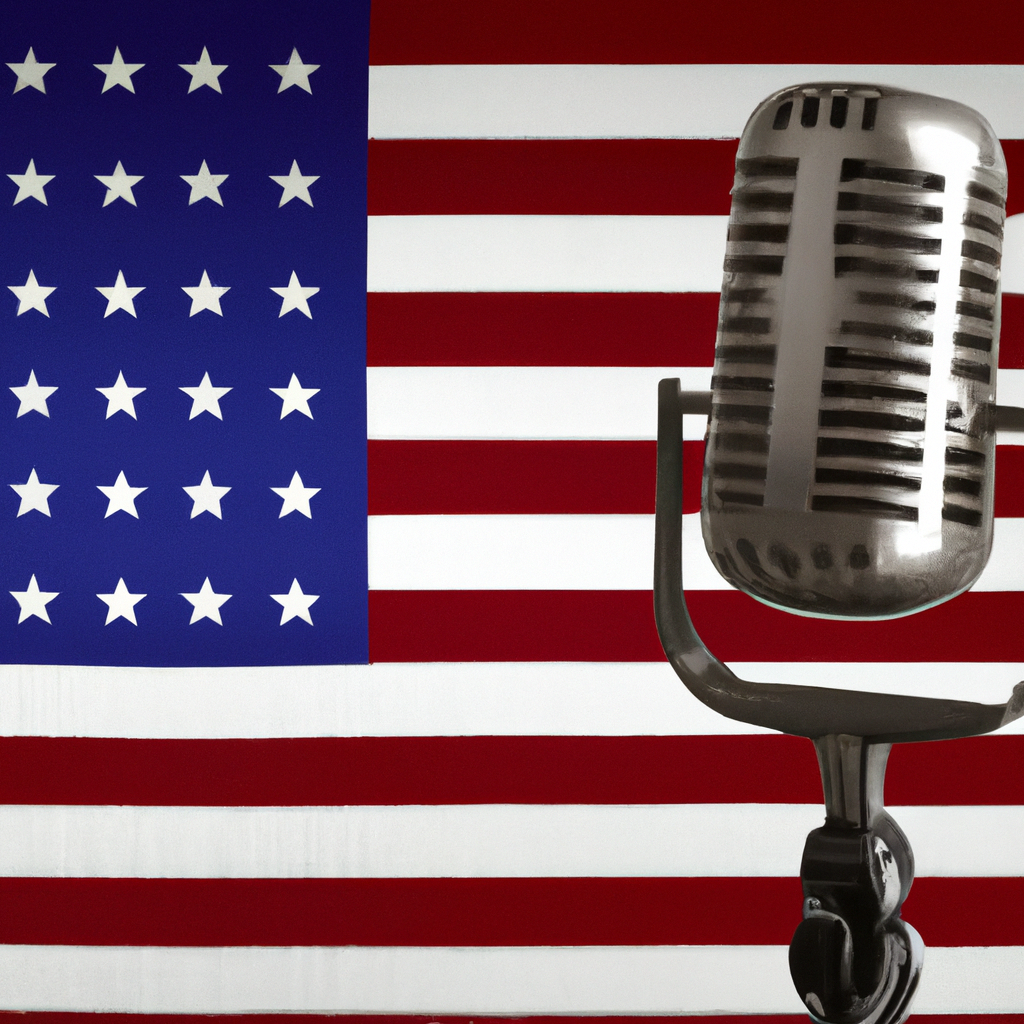Just days before his June meeting with President Joe Biden, Donald Trump spoke with Bloomberg Businessweek. The former president expressed his views on topics ranging from green energy and Diet Coke to foreign policy and his tax plan. He also mentioned JPMorgan Chase CEO Jamie Dimon as a potential Treasury Secretary.
Prime Day: The initial phase of Amazon’s 48-hour sales event has resulted in the biggest U.S. e-commerce day of 2024 so far.
Here are three key points:
Trump’s Ongoing Dispute with Green Energy
Trump has consistently voiced his opposition to clean energy. His skepticism of wind energy is well-documented, and he often seizes opportunities to express his discontent.
“We have more of the real energy, the energy that works,” he told Bloomberg. “Wind does not work.”
Trump has vowed to eliminate offshore wind projects on “day one” and frequently criticizes wind energy. He has inaccurately claimed that windmills cause cancer, emit “tremendous fumes” during construction, and disturb whales.
Trump argued that wind energy is “unbelievably expensive” and too dependent on government subsidies. In 2022, wind and solar projects received 94% of the $15.6 billion in federal renewable electricity-related subsidies.
In 2023, the cost per megawatt-hour for offshore wind in the U.S. was $143, compared to $48 for onshore wind. Solar energy costs $59 per megawatt-hour, while coal and natural gas cost $101 and $45, respectively.
Despite his opposition to green energy, Trump stated he has “no objection” to electric vehicles and praised Tesla’s Elon Musk. However, he has previously claimed that electric cars would harm the U.S. auto industry.
Tax Rate Reduction to 15%
A pivotal aspect of Trump’s economic strategy, often referred to as “Trumponomics,” involves encouraging businesses to build and expand within the U.S.
Trump reiterated his objective to lower corporate taxes, suggesting a reduction to 20%. He told Bloomberg he prefers a 15% rate but acknowledges it might be difficult to achieve.
“Fifteen would get us down to being about the lowest. Look, when I did those tax cuts, this place started to boom,” Trump said, recalling the Tax Cuts and Jobs Act (TCJA) of 2017, which reduced the federal corporate tax rate from 35% to 21%.
The TCJA allowed at least 87 companies to pay effective tax rates in the single digits or less, with 55 firms paying less than 5% from 2018 to 2022. Twenty-three firms paid zero or less during that period.
Trump claimed his tax cuts motivated Apple to reinvest billions in the U.S. economy. CEO Tim Cook in 2018 stated that significant portions of the company’s $350 billion five-year plan were due to the tax reform.
Parts of the TCJA are set to expire in 2025. Trump has pledged to make the tax cuts permanent, renew individual and small business tax cuts, and reduce business regulations if re-elected.
“Low interest rates and taxes, low taxes, tremendous incentive to get things done, and to bring business back to our country,” Trump said of Trumponomics. “We have to bring business back to our country.”
Comparing U.S. to an Insurance Company for Taiwan
In his Bloomberg interview, Trump discussed his foreign policy views, highlighting his relationships with leaders from Russia, China, and Saudi Arabia. He also addressed his stance on Taiwan, stating he respects the people but did not commit to defending the island from China.
“I think, Taiwan should pay us for defense. You know, we’re no different than an insurance company. Taiwan doesn’t give us anything,” he said.
Trump criticized the U.S. for allowing Taiwan to dominate the semiconductor industry. Taiwan hosts 92% of the world’s semiconductor manufacturing capacity, primarily through Taiwan Semiconductor Manufacturing Company (TSMC).
TSMC’s stock fell over 5% in pre-market trading following Trump’s remarks. The company is a significant supplier to firms like Nvidia and Apple and recently received $6.6 billion to establish a major chipmaking hub in Arizona. Trump also criticized the Biden administration for allocating federal funds to foreign chipmakers under the CHIPS and Science Act.
